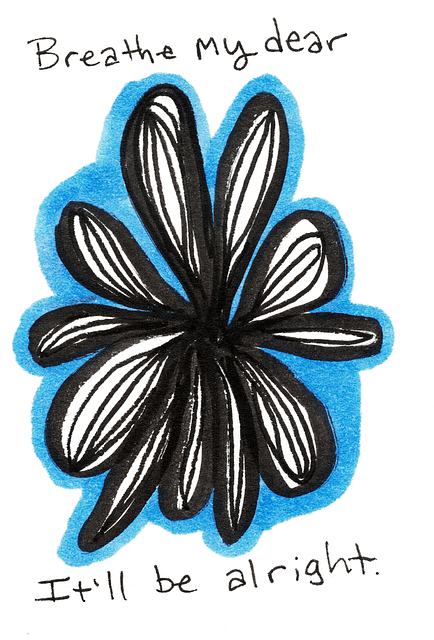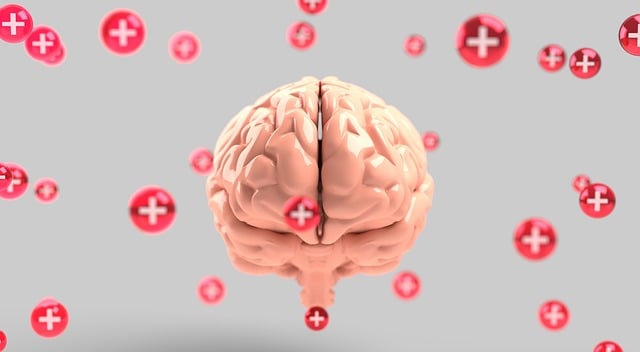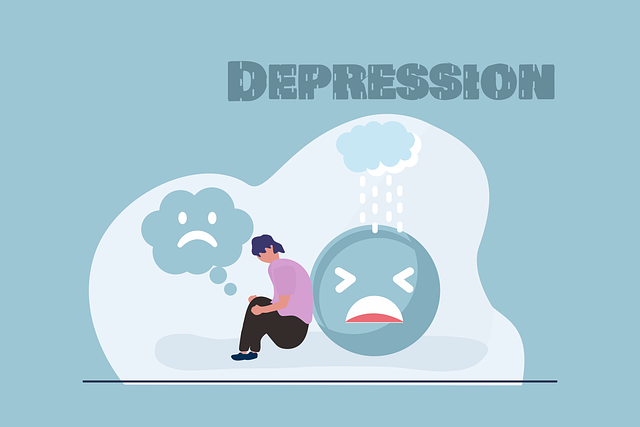In Colorado Springs, known for its cultural diversity, culturally sensitive play therapy is crucial for helping children from various ethnic backgrounds heal emotionally and build strength. Therapists must integrate cultural competence into their practices to respect individual identities, manage risks effectively, and foster meaningful connections. By tailoring approaches to accommodate diverse groups through techniques like mental wellness journaling, empathy building, and emotional intelligence guidance, therapists create inclusive environments that enhance self-esteem, emotional regulation, and healing for all clients, ultimately improving mental health outcomes in Colorado Springs play therapy.
In the diverse landscape of Colorado Springs, ensuring cultural sensitivity in mental healthcare practice is paramount. This article delves into the critical need for culturally competent play therapy, addressing the unique challenges and barriers faced by therapists working with diverse populations. We explore strategies to enhance cultural awareness, foster inclusive spaces, and improve access to mental health services for all communities in Colorado Springs play therapy. By understanding and embracing cultural diversity, these practices revolutionize care, ensuring every individual receives supportive, personalized treatment.
- Understanding Cultural Diversity in Mental Healthcare
- – Exploring the need for cultural sensitivity in mental health services
- – Defining cultural competency and its relevance to play therapy in Colorado Springs
Understanding Cultural Diversity in Mental Healthcare

In the vibrant landscape of mental healthcare, understanding cultural diversity is not just a moral imperative but a cornerstone of effective treatment. Colorado Springs, known for its diverse community, presents unique challenges and opportunities in this regard. Play therapy, for instance, can be a powerful tool for fostering emotional healing processes and inner strength development among children from various ethnic backgrounds. Therapists in this city must be attuned to the cultural nuances that shape families’ beliefs, values, and communication styles, ensuring that interventions are culturally sensitive and relevant.
The importance of cultural sensitivity extends beyond client interactions. For mental health professionals in Colorado Springs, risk management planning involves recognizing and addressing potential cultural barriers that might impact treatment outcomes. By integrating cultural competence into their practice, therapists can create a safe and supportive environment, enhancing the effectiveness of services provided. This approach not only respects individual identities but also facilitates more meaningful connections, ultimately contributing to better mental health outcomes for all clients.
– Exploring the need for cultural sensitivity in mental health services

In the diverse communities of Colorado Springs, ensuring cultural sensitivity in mental healthcare is paramount. The landscape of mental illness transcends geographical and cultural boundaries, yet many traditional therapy approaches may not account for the unique needs and experiences of individuals from varied backgrounds. This is particularly crucial given the historical and contemporary mental illness stigma reduction efforts aimed at fostering acceptance and understanding across cultures.
By adopting culturally sensitive practices, therapists in Colorado Springs play therapy can create a more inclusive environment that encourages open dialogue and effective treatment. Such an approach not only facilitates better mental health outcomes but also supports clients in their journey towards self-esteem improvement and emotional regulation, ultimately helping them navigate the complexities of both their mental health challenges and cultural identities.
– Defining cultural competency and its relevance to play therapy in Colorado Springs

In the context of Colorado Springs play therapy, cultural competency goes beyond basic understanding; it’s a cornerstone for building inclusive and effective therapeutic environments. This involves recognizing and respecting the diverse cultural backgrounds, beliefs, and values that shape individuals’ experiences and interactions. Given the multicultural fabric of Colorado Springs, play therapists must be adept at tailoring their approach to accommodate various ethnic, racial, and socio-economic groups, ensuring every client feels seen and heard.
Cultural sensitivity in play therapy translates into tailored mental wellness journaling exercises, empathy building strategies, and emotional intelligence guidance. Therapists foster an environment where children and families feel comfortable exploring sensitive topics, sharing personal narratives, and engaging in activities that resonate with their cultural identities. This nuanced approach not only enhances the therapeutic process but also promotes healing and growth, ultimately reflecting the diverse tapestry of Colorado Springs Play Therapy.
In addressing the diverse mental health needs of Colorado Springs, play therapy professionals must embrace cultural sensitivity as an integral part of their practice. By understanding and respecting various cultural contexts, therapists in this region can create inclusive environments that effectively support individuals and families from different backgrounds. This approach ensures that play therapy in Colorado Springs is accessible, culturally competent, and ultimately beneficial to all who seek its services.














